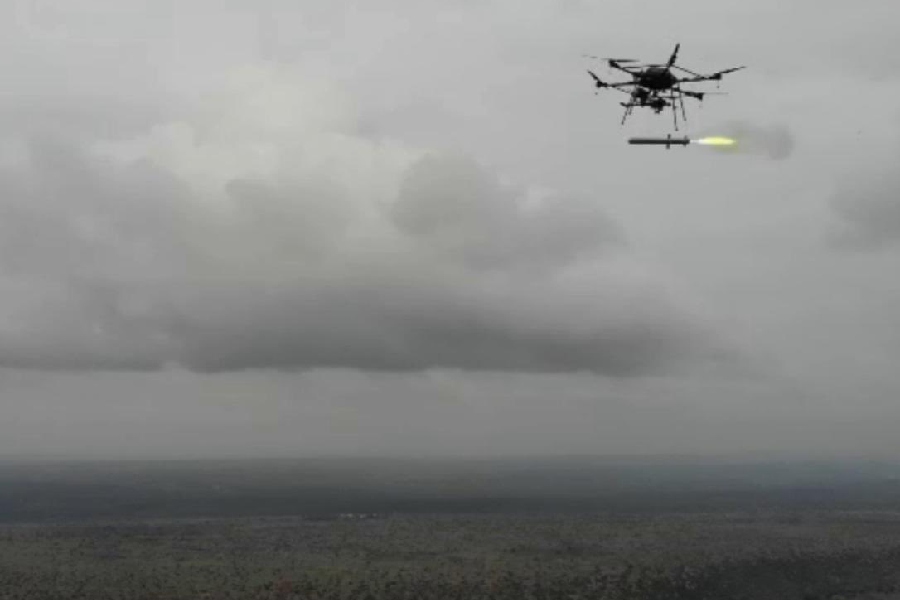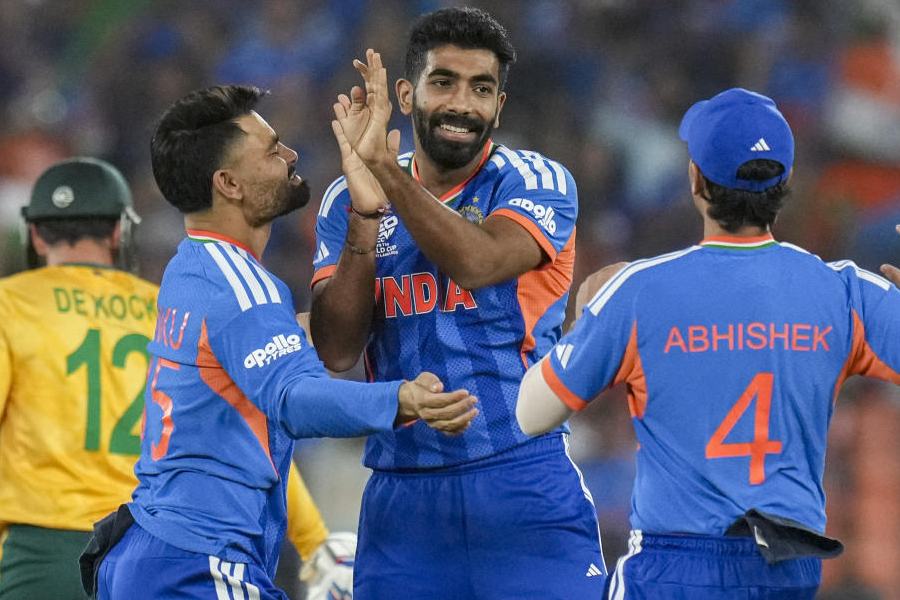An Indian postdoctoral scholar at Georgetown University was arrested and the government of the United States of America was trying to deport him. Earlier, American authorities revoked the visa of an Indian PhD student at Columbia University and immigration agents landed up at her apartment, intimidating her into leaving for Canada. In neither case was any evidence made public to back up the claims that Badar Khan Suri, the Georgetown scholar, or Ranjani Srinivasan, the Columbia student, had broken any law. It has only levelled accusations — without proof, so far — that Suri has spread pro-Hamas propaganda and that Srinivasan is a “terrorist sympathiser”.
Yet, on March 21, when the Indian ministry of external affairs was asked, about the incidents and whether New Delhi “has taken up this issue with the Americans,” the spokesperson’s response betrayed no indignation at the treatment of these Indian nationals. “When it comes to Visa and immigration policy, it is something that lies within the sovereign functions of a country,” Randhir Jaiswal, the foreign ministry spokesperson said. “We, on our side, we expect that when we have foreign nationals coming to India, they abide by our laws and regulations. And similarly, it is our expectation that when Indian nationals are abroad, they must also comply with local laws and regulations.” That is a way of telling Suri, Srinivasan and all Indian students finding themselves in the crosshairs of Donald Trump’s crackdown on US campuses: ‘You’re on your own.’
For a country that, especially under Prime Minister Narendra Modi, has made its outreach to the diaspora a prominent part of its foreign policy, the comments from the foreign ministry reflect a stunning departure from what Modi had himself said just two months ago. Addressing the Pravasi Bharatiya Divas in January, Modi had described the Indian diaspora as the country’s ambassadors. “Your safety and welfare are a priority. We consider it our duty to support the diaspora in challenging times, wherever they may be,” he said. Indeed, India has previously defended the rights of its students mired in immigration struggles in the US. When, in 2019, American authorities arrested 129 Indian students for enrolling in a fake university that US agents had set up to unravel a so-called “pay-to-stay” scam, India was quick to lodge a formal protest.
The ministry of external affairs’s suggestion that India cannot comment on the visa and immigration decisions of other countries is also disingenuous when it comes to nationals other than students. Just last week, the junior minister for external affairs, Kirti Vardhan Singh, told Parliament that the Indian government had “strongly registered” its concerns about the way undocumented Indian immigrants had been deported by the US in recent weeks — shackled. Two decades ago, in March 2005, when the US denied the then chief minister of Gujarat, Narendra Modi, a visa citing his alleged role in the 2002 Gujarat massacre, the government of Prime Minister Manmohan Singh was quick and forceful in its response, including from Singh in Parliament.
So what is different this time? What has changed since Modi’s January statement? Is the Modi government scared of upsetting Trump — who has since been sworn into office — especially as it tries to escape tariffs that the US president wants to impose on all trading partners, including New Delhi? Or is it the pro-Palestinian sentiment that Suri and Srinivasan represent? Surely, the Indian government cannot be cherry-picking which members of the diaspora to help and which to throw to the MAGA wolves based on their politics — right?
These are not rhetorical questions. They go to the heart of how India’s vast diaspora, diverse in a myriad ways — language, faith, food, and politics — will view New Delhi and its approach to them. These questions need answers because that alone will tell the diaspora whether they should trust Modi’s words from January or the foreign ministry’s message from last week; and whether they should expect help only if it’s not politically inconvenient for the Indian government.










